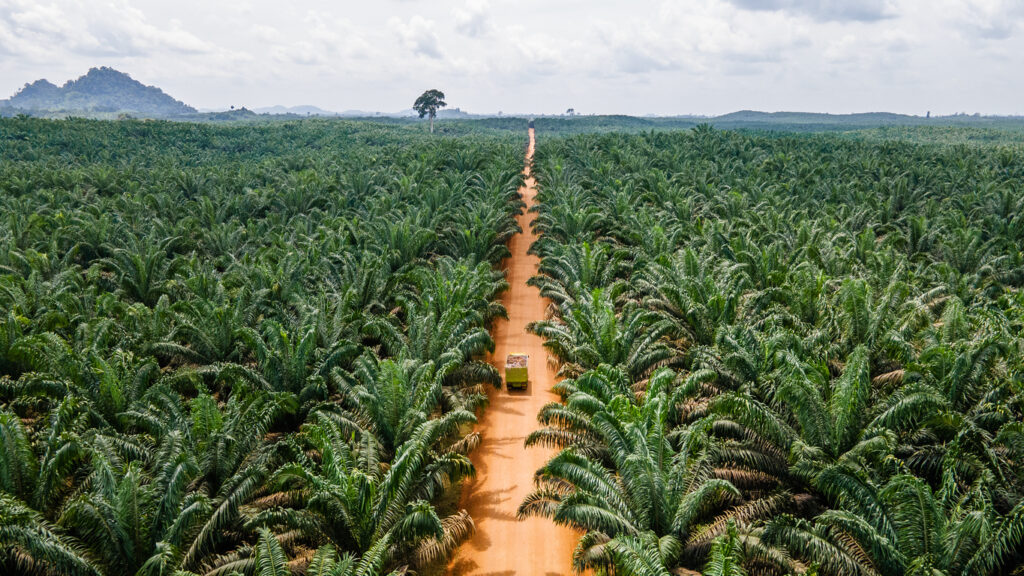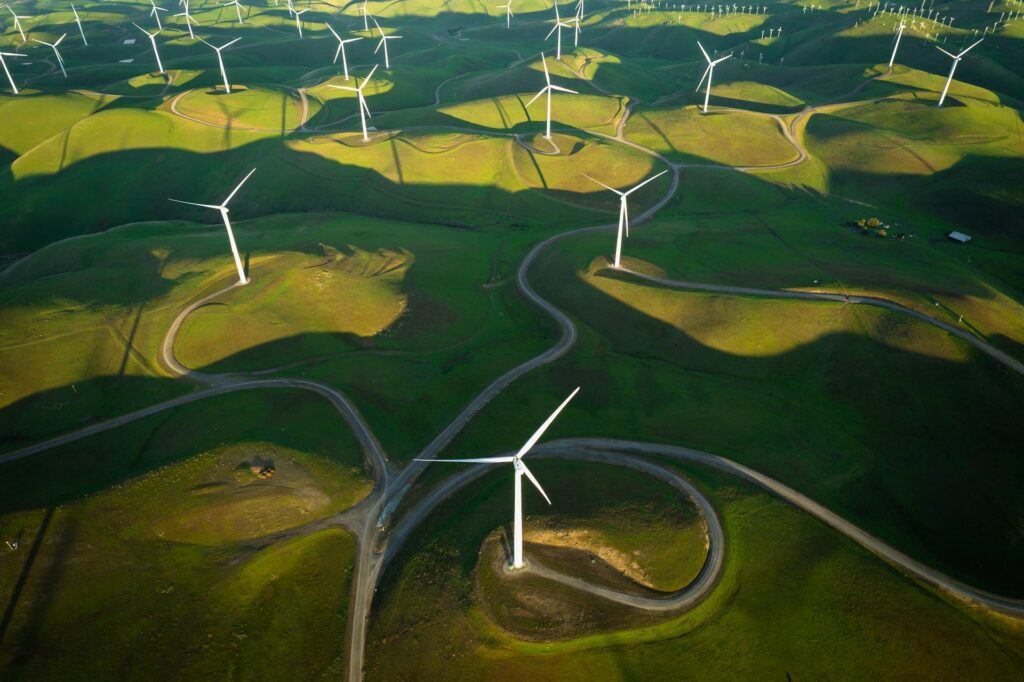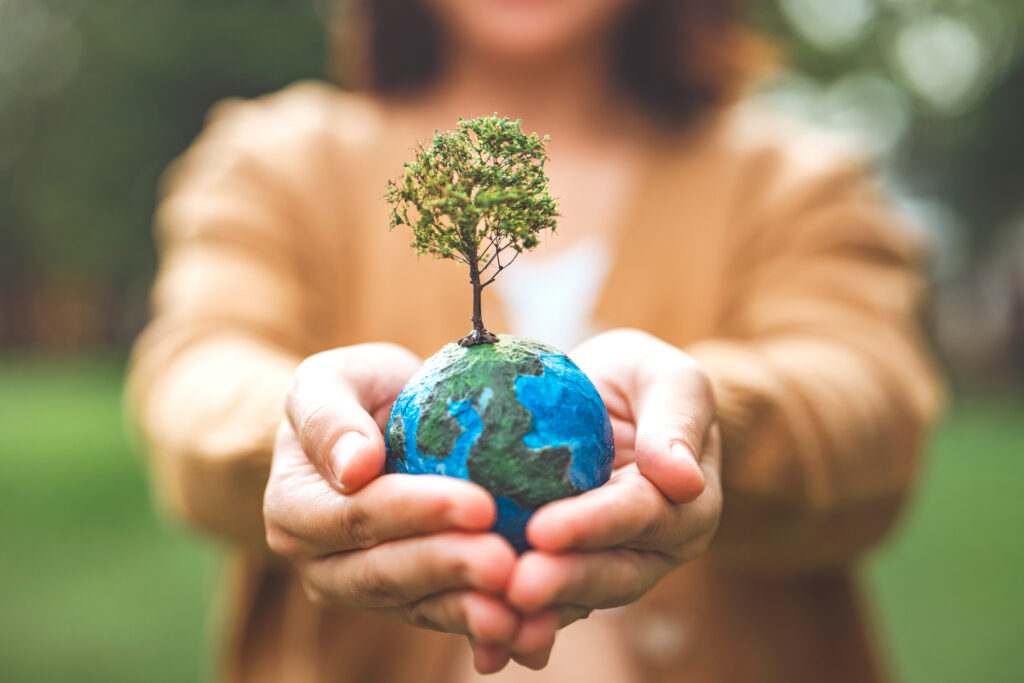We’ve all heard those buzzy phrases that pop up on packaging, in ads, or during well-meaning conversations about “doing your bit” for the planet.

And while some of them come from a genuine place, others are more about sounding eco-conscious than actually making an impact. Here are just some of the catch-all phrases people (and companies) often use to look green without necessarily walking the talk, and why they might not mean what you think.
1. “Eco-friendly packaging”

This one shows up everywhere, from coffee cups to cosmetics. However, “eco-friendly” isn’t a regulated term. It could mean biodegradable, recyclable, compostable—or it could mean none of those things and just sound good. Unless the packaging clearly explains how it’s better for the environment, it might just be marketing fluff. A brown cardboard box with a leaf logo doesn’t automatically make it sustainable.
2. “Sustainably sourced”

This phrase makes people feel better about buying everything from seafood to skincare. However, without a third-party certification or real transparency, it doesn’t actually tell you much. Plenty of companies use “sustainably sourced” to suggest ethical practices, even when their supply chains are questionable. It often relies on the consumer not asking too many follow-up questions.
3. “Plastic-free”

This one’s gaining traction, but it’s not always what it seems. A product might be plastic-free in the bit you touch, but still wrapped in plastic behind the scenes during manufacturing or shipping. Other times, it’s replaced with “bioplastics” or compostable films that only break down in industrial facilities, not your garden compost. True plastic-free design takes more than surface-level swaps.
4. “Carbon neutral”

It sounds impressive, but it’s usually shorthand for buying carbon offsets, not necessarily cutting emissions. Plus, not all offset schemes are equally effective or transparent. A company can still pollute heavily and call itself carbon neutral because it’s paying someone else to plant trees. It’s a step in the right direction, but it’s not the whole story.
5. “Vegan leather”

People often assume vegan leather is the more sustainable choice because it doesn’t involve animals. However, many versions are made from plastic-based materials like PVC or polyurethane, which aren’t great for the planet. There are more innovative versions now, like those made from mushrooms or cactus, but not all “vegan leather” is created equal. It’s not automatically a greener option.
6. “Reusable”

Reusable items are only helpful if they’re actually used consistently. A reusable bag or bottle can reduce waste, but not if you buy a new one every other week and forget the rest in a cupboard. The energy and resources needed to produce these items means they need long-term use to make a real difference. One well-used item beats five trendy ones that gather dust.
7. “All natural”

Natural doesn’t automatically mean good for the planet. Many natural resources—like cotton, palm oil, and even water—can be environmentally damaging depending on how they’re sourced and managed. This phrase is often used to make products seem gentler or more wholesome, but without details, it tells you nothing about actual sustainability or impact.
8. “Green energy plan”

Energy suppliers love this phrase, but it can be misleading. Some “green plans” still pull electricity from the national grid like everyone else—they just buy renewable energy certificates to balance it out on paper. That’s not the same as directly sourcing your power from wind or solar. Always check whether a company is investing in renewables, or just buying credits to say they are.
9. “Zero waste”

This one sounds ambitious—and it often is. A lot of brands use it to describe products with minimal packaging, or ones that come in refillable containers. But in reality, almost nothing is truly zero waste. It’s more of an ideal than an exact science. Reducing waste is great, but if something is calling itself “zero waste,” it’s worth asking what they really mean by that.
10. “Green alternative”

Whether it’s cleaning products, fuel, or clothing, this phrase gets thrown around to suggest something is better for the planet. However, “greener than the worst option” isn’t always good enough. If a product is slightly less toxic or slightly less wasteful, that’s helpful—but not necessarily sustainable. It’s always worth looking into what’s actually changed and how much of a difference it makes.
11. “Biodegradable”

This is one of the most confusing terms out there. Technically, everything breaks down eventually—including plastic, if you wait a few hundred years. The problem is that “biodegradable” doesn’t always mean compostable, and the conditions matter. Some items only degrade in industrial composting facilities, not in the garden or landfill. Without clear instructions, the label can lead to more confusion than action.
12. “We care about the planet”

This one shows up on everything from shampoo bottles to fast fashion websites. It’s vague, feel-good, and completely unverifiable. Anyone can say it, and plenty of companies do—with zero accountability. If there’s no evidence of how they care—no commitments, no certifications, no actual practices behind the words—it’s probably just a brand trying to tick the “eco” box without doing the work.
13. “Ocean-friendly”

This phrase often shows up on things like sunscreen, packaging, or even clothing. But like “eco-friendly,” it isn’t regulated and rarely comes with an explanation of what it actually means. Does it biodegrade in seawater? Avoid harming marine life? Or is it just a feel-good label?
Unless it specifically details how it’s tested for marine safety, “ocean-friendly” can be more about branding than environmental responsibility. Always look for specific claims—like “reef-safe” or microplastic-free—rather than broad, watery promises.
14. “Made with recycled materials”

This sounds great—but how much is actually recycled? Sometimes it’s just 10% of the total product. Other times, only the packaging is partially recycled, while the product itself is brand new and resource-heavy. Without knowing the percentage or the source of the recycled content, it’s hard to gauge the impact. It’s worth digging deeper before assuming it’s a major win for the planet.
15. “Climate positive”

This one’s newer, and it sounds amazing. But “climate positive” often just means a company has bought more carbon offsets than they emit. Again, it doesn’t always mean their actual practices are low-impact or sustainable. It’s also not always clear what’s being measured: their product? Their delivery chain? Their office energy use? Until “climate positive” has clearer standards, it’s a nice phrase with a lot of wiggle room.